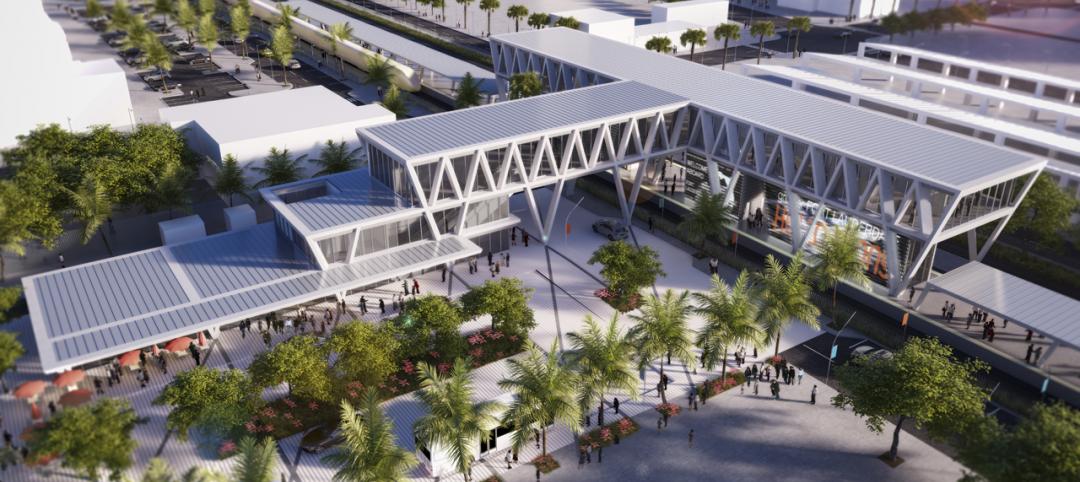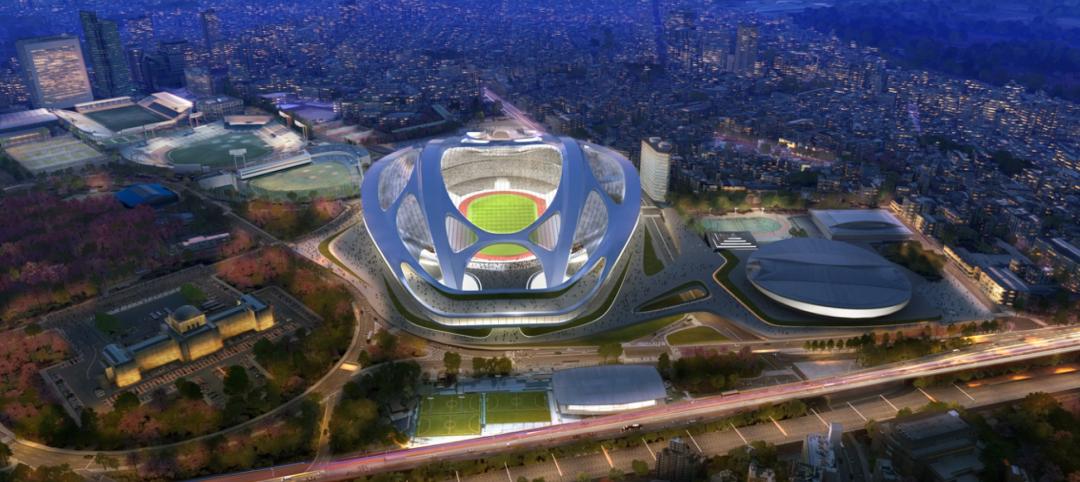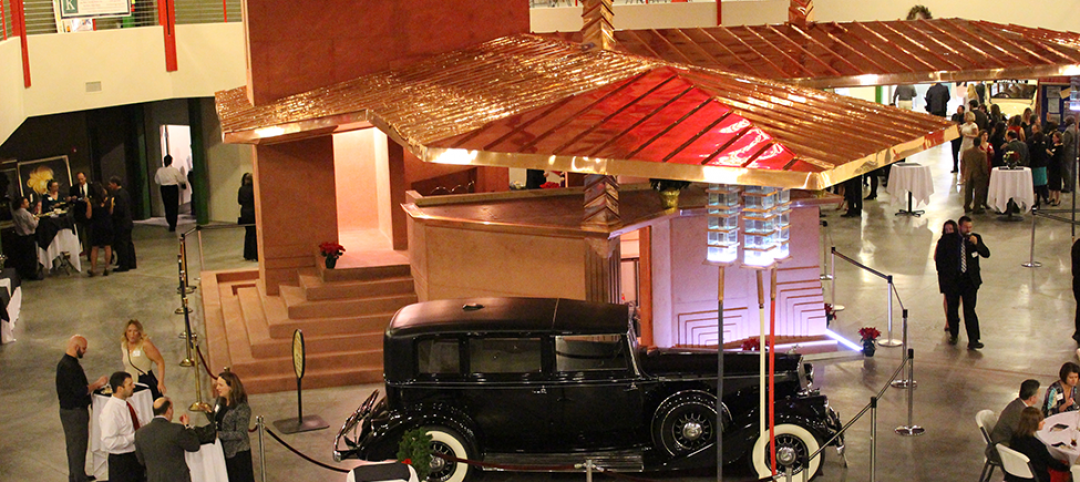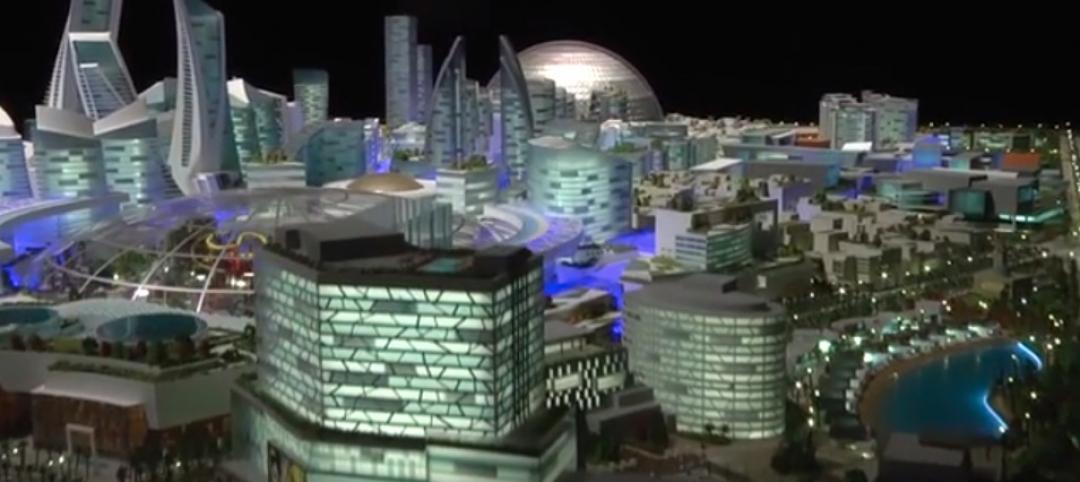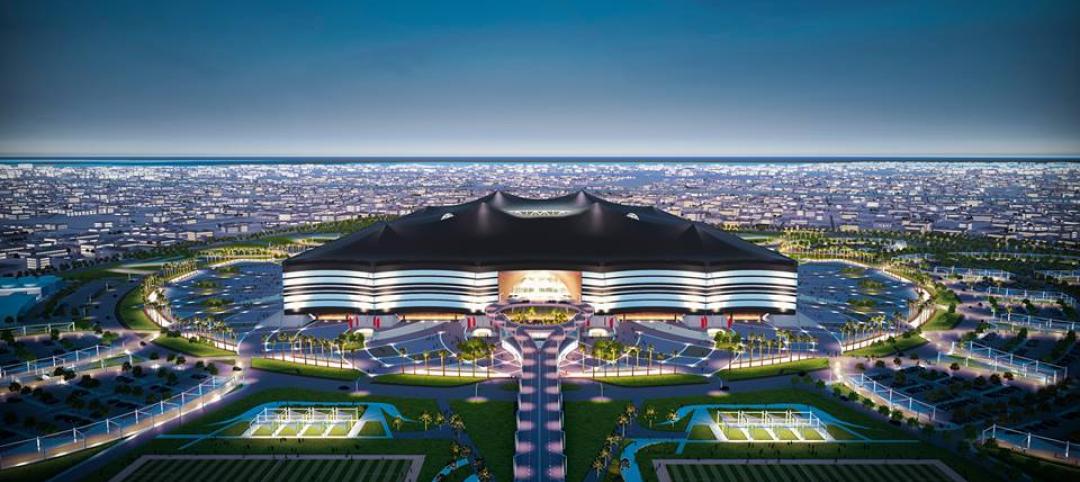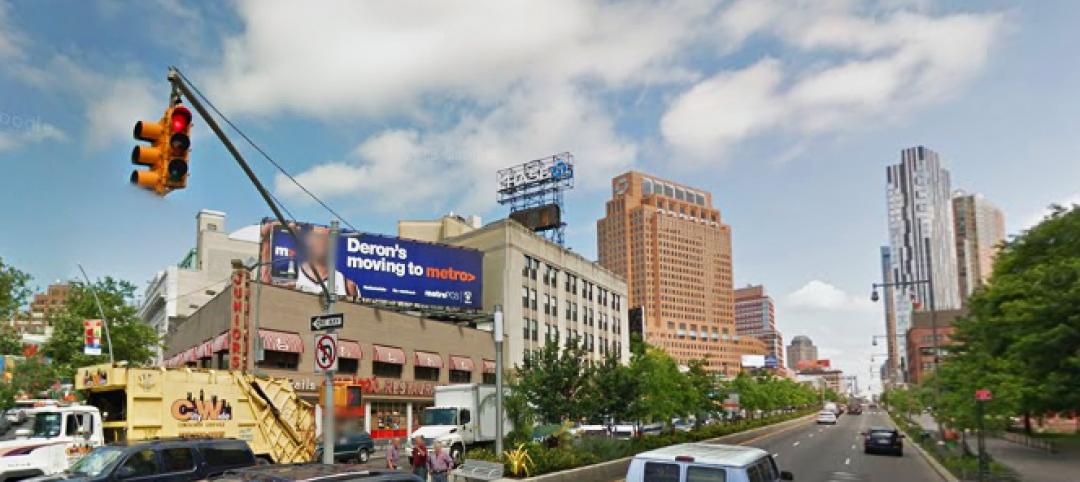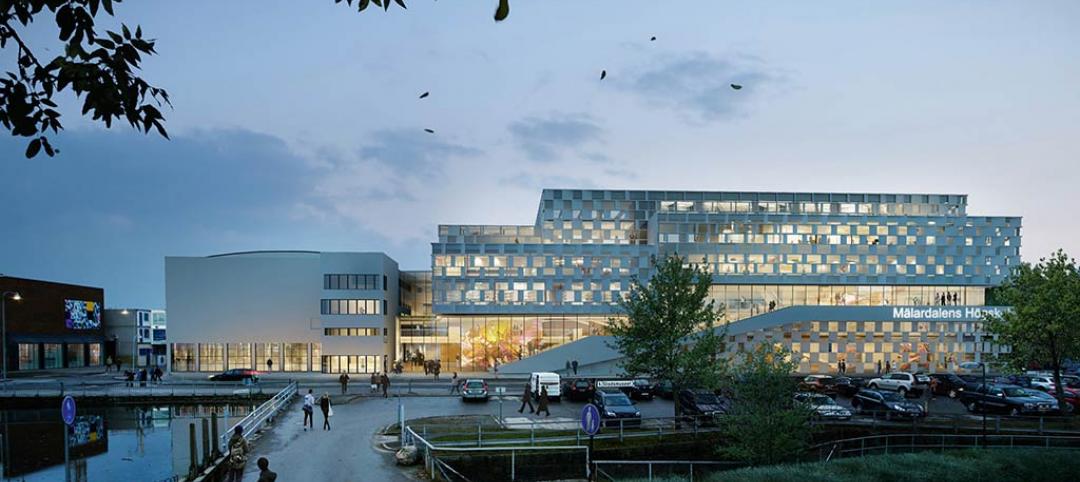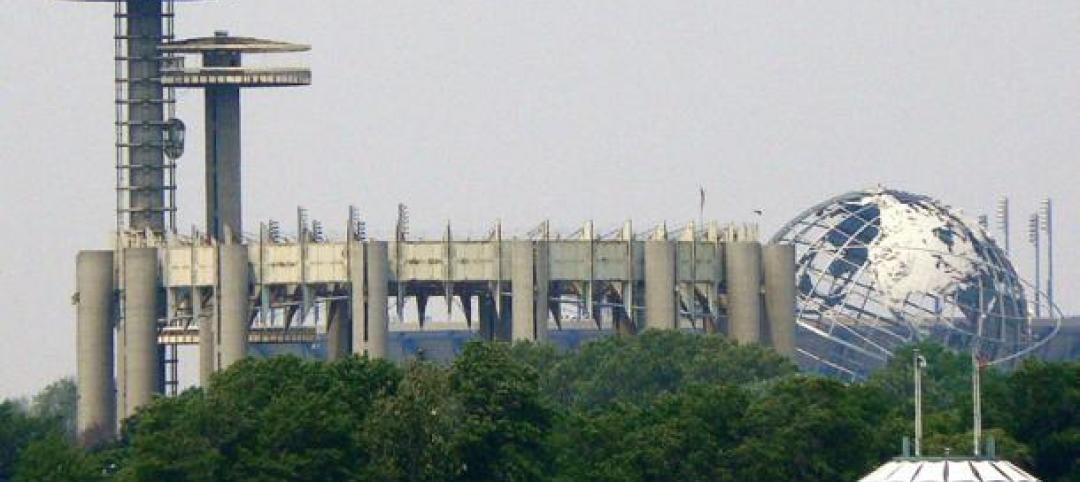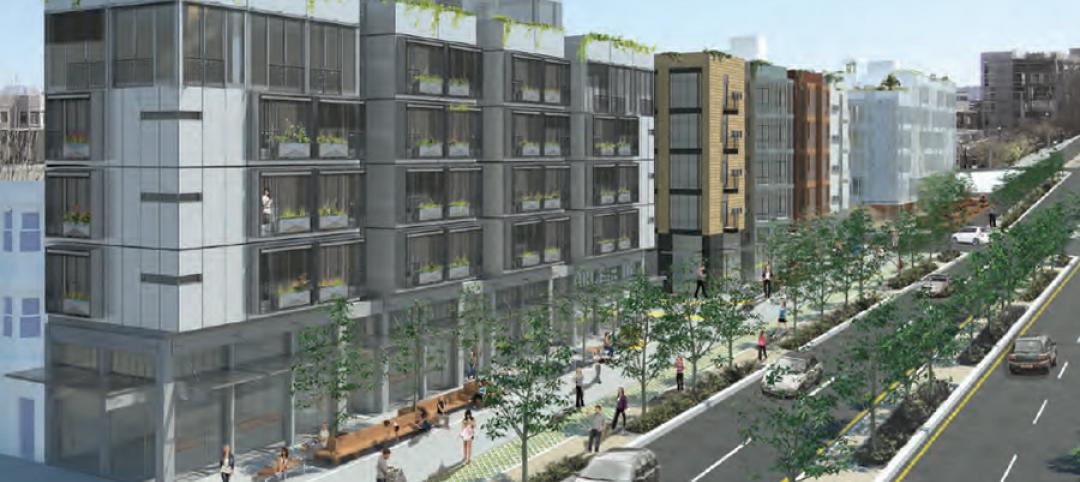November 2016 will most certainly go down in the books as one of the most memorable months in recent decades. If the Chicago Cubs winning the World Series in dramatic Game 7 fashion wasn’t enough to shock you, then the events that unfolded during the late evening on Nov. 8 likely were.
Regardless of which side of the aisle you stand on, election night was a jaw-dropping moment. Donald Trump’s own campaign advisors, along with some of his supporters and pundits, admitted to being astonished as the story unfolded on election night.
On the morning of Election Day, the New York Times set the odds of Trump winning at a scant 15%. “Mrs. Clinton’s chance of losing is about the same as the probability that an N.F.L. kicker misses a 37-yard field goal,” they wrote. Well, Hillary missed a chip shot, and the NYT editors—like many in the media—were left with egg on their face for grossly underestimating Trump’s chances. It was a Dewey Defeats Truman moment.
What does a Trump-led America (coupled with a GOP-controlled Congress) mean for the AEC industry? As with any election, it’s a mixed bag of the good, the bad, and the unknown.
The good: Trump proposes spending up- wards of $1 trillion to rebuild the nation’s roads, bridges, tunnels, water systems, and airports as part of a massive infrastructure bill. While not primarily buildings work, this level of investment would most certainly create real estate development opportunities and needs—whether directly or indirectly—for the AEC community. Infrastructure investment is one of the few pressing issues that garners almost universal support among political leaders in Washington. The trillion-dollar question is, How do we pay for it? Trump’s answer: public-private partnerships and other creative financing methods.
The bad: In his 100-day action plan, Trump outlines several measures that could hit AEC firms in the pocketbook in the near term. On the list is Obamacare, which Trump hopes to repeal and replace with traditional HSA and health insurance initiatives. This move could cause healthcare operators to take a “let’s wait and see” approach to real estate investments, much like they did during the implementation of Obamacare. Having healthcare owners hit the pause button for the second time in six years could severely impact AEC rms. At $87 billion in annual construction spending, healthcare is the largest sector in the nonresidential market.
The unknown: Given the GOP’s contentious relationship with Trump during the election cycle, we could be in for four more years of gridlock in Washington. It’s too early to predict how his ideas will be received by the house and senate.
A recent survey of 306 BD+C readers paints a picture of cautious optimism for AEC firms. Half of the respondents (50.3%) predict that 2017 will be an “excellent” or “very good” business year for their firm. More than half (55.3%) expect their firm’s revenue to increase next year; just 11.5% are forecasting a drop.
On the flip side, when asked to identify their biggest concerns heading into 2017, nearly a third (31.7%) cited “business impacts from the Presidential election” as a top-three burden— only behind “general economic conditions” and “competition from other firms.”
As we head toward Inauguration Day, all we can do is hope the President-elect delivers on much more good than bad.
Related Stories
| Jul 9, 2014
First Look: SOM's design for All Aboard Florida Fort Lauderdale rail station
The lightweight and luminous design "responds to its setting and creates a striking infrastructural icon for the city," said SOM Design Partner Roger Duffy.
| Jul 8, 2014
Does Zaha Hadid’s Tokyo Olympic Stadium have a design flaw?
After being criticized for the cost and size of her stadium design for the 2020 Olympics in Tokyo, a Japanese architect points out a major design flaw in the stadium that may endanger the spectators.
| Jul 8, 2014
Frank Lloyd Wright's posthumous gas station opens in Buffalo
Eighty-seven years after Frank Lloyd Wright designed an ornamental gas station for the city of Buffalo, the structure has been built and opened to the public—inside an auto museum.
| Jul 7, 2014
A climate-controlled city is Dubai's newest colossal project
To add to Dubai's already impressive portfolio of world's tallest tower and world's largest natural flower garden, Dubai Holding has plans to build the world's largest climate-controlled city.
| Jul 3, 2014
Gehry edits Canadian skyscraper plan to be 'more Toronto'
After being criticized for the original tower complex, architect Frank Gehry unveils a new design that is more subtle, and "more Toronto."
| Jul 2, 2014
First Look: Qatar World Cup stadium design references nomadic heritage
Organizers of the Qatar 2022 World Cup, the Supreme Committee for Delivery and Legacy, recently unveiled designs for the second stadium.
| Jul 2, 2014
SHoP designs what would be Brooklyn's tallest building
JDS Development partners with SHoP to construct a 70-story building at 775-feet tall, unprecedented for downtown Brooklyn.
| Jul 1, 2014
Winning design by 3XN converts modernist bathhouse to university library
Danish firm 3XN's design wins competition for a new educational facility for Mälardalen University in Sweden, which will house a library, communal spaces, and offices for 4,500 students and staff.
| Jun 30, 2014
Philip Johnson’s iconic World's Fair 'Tent of Tomorrow' to receive much needed restoration funding
A neglected Queens landmark that once reflected the "excitement and hopefulness" at the beginning of the Space Age may soon be restored.
| Jun 30, 2014
Narrow San Francisco lots to be developed into micro-units
As a solution to San Francisco’s density and low housing supply compared to demand, local firms Build Inc. and Macy Architecture each are to build micro-unit housing in a small parcel of land in Hayes Valley.



